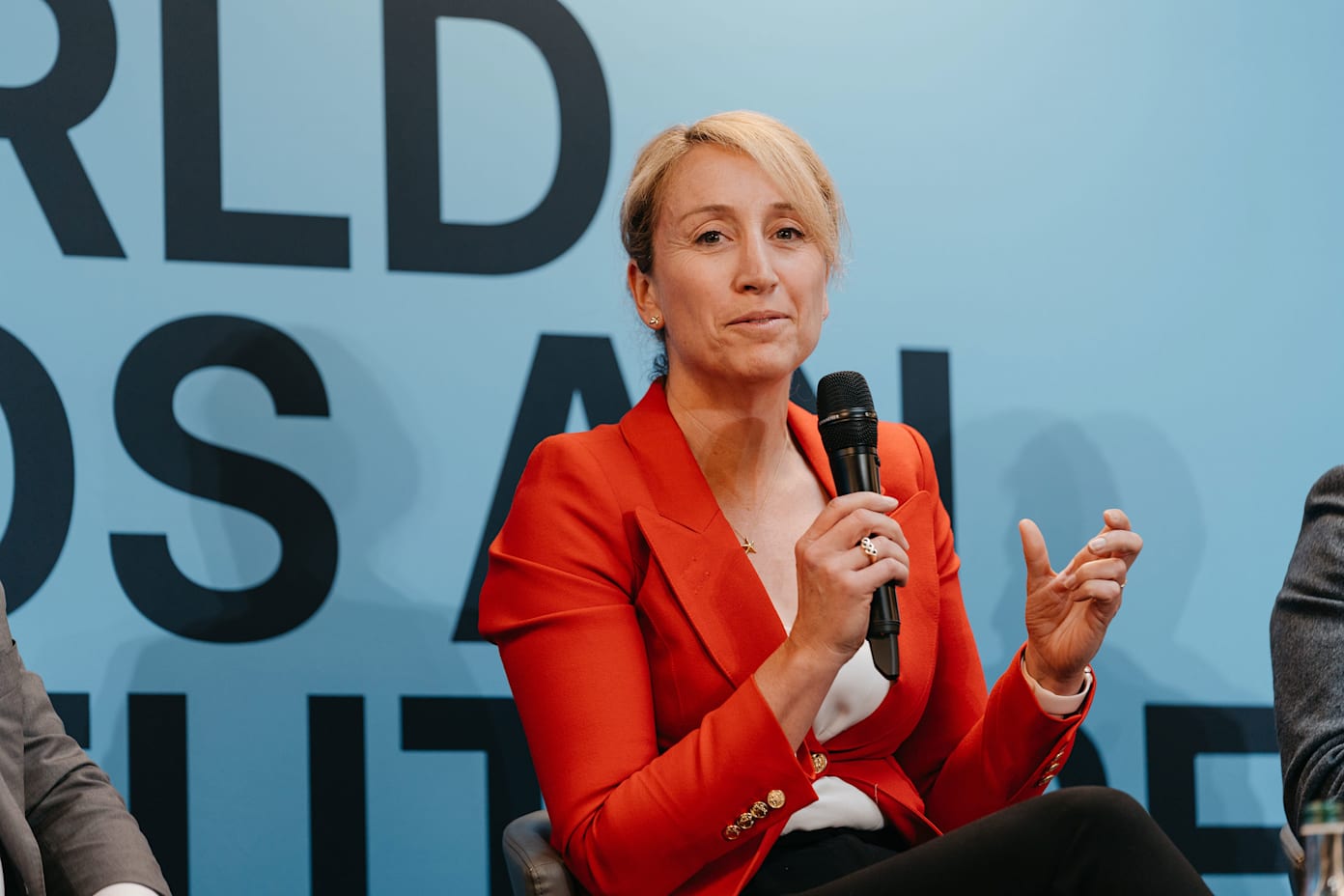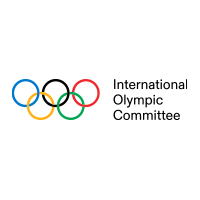23 May 2025 - The International Olympic Committee (IOC) has reinforced its commitment to tackling physical inactivity and promoting healthier, more active communities during a high-level side event of the 78th World Health Assembly, held in Geneva, Switzerland.
Reacting to the alarming results of the Global Status Report on Physical Activity published by the World Health Organization (WHO), the IOC’s Director of Health, Medicine and Science, Dr Jane Thornton, expressed great concern.
“The IOC is fully committed to doing its part by mobilising the Olympic Movement to strengthen the role of sport in promoting healthier and more active communities, in accordance with Olympic Agenda 2020+5, but also the Olympic Charter – which clearly states that every individual must have the possibility of practising sport.”
Dr Thornton was speaking alongside leaders from WHO, the World Economic Forum and the sporting goods industry at the “Physical Activity: A Strategic Imperative for Health” event hosted by the World Federation of the Sporting Goods Industry (WFSGI).
Harnessing sport to advance global health goals
In response to these alarming trends, Dr Thornton outlined how the IOC, in close collaboration with WHO, is implementing a long-term strategic approach to address physical inactivity, through the development and implementation of initiatives aligned with two key global frameworks: WHO’s Global Action Plan on Physical Activity (GAPPA) and the IOC’s Olympism365 strategy.
“The IOC and WHO have been working closely together during the past several years to align strategies and implement concrete programmes aimed at strengthening the role of community sport and physical activity in reducing physical inactivity,” said Dr Thornton. “Our joint effort has been based on recognised, cost-effective actions that align with the two guiding frameworks.”

Tackling global trends with community-based action
Speakers emphasised how the growing rates of inactivity, particularly among young people, represent a serious risk to the health and well-being of future generations.
“WHO’s statistics show that 80 per cent of adolescents do not meet recommended physical activity levels,” noted Emma Zweibler, CEO of WFSGI. “This is particularly alarming, as it indicates that entire future generations are being physically inactive, negatively affecting their physical, mental and social well-being.”
Dr Thornton noted that physical inactivity is a major contributor to noncommunicable diseases, which were responsible for over 43 million deaths in 2021 according to WHO.
“Recognising that physical inactivity is a key modifiable risk factor for these types of diseases, the IOC’s approach is to use sport as enabler of a holistic and system change,” she added.
A leading example of this approach, emphasised by Dr Thornton, is the Community Sport and Health Cooperation initiative, a joint programme between the IOC and WHO, implemented with the support of global NGO PATH. Currently active in Ghana, Tanzania, Vietnam, Peru and Nepal, the initiative strengthens the collaboration between the sport and health sectors to improve public health outcomes.
Inspiring global movement and Olympic legacies
To complement this grassroots work, the IOC is investing in social behaviour change through public campaigns. One of the most visible of these is Let’s Move, a global initiative launched in June 2023. In just two years, more than 30 million people have engaged in physical activity through Let’s Move and Olympic Day activities. This year, people will be encouraged to pick a +1 and start a journey of activity and togetherness, beginning on Olympic Day on 23 June.
“The Let’s Move campaign emphasises that movement and sport are for everyone, not just elite athletes,” said Dr Thornton. “We are committed to continuing to scale the reach and impact of this campaign.”
This focus on encouraging movement at scale is also reflected in the legacy of the Olympic Games Paris 2024, which inspired the introduction of a nationwide programme promoting 30 minutes of daily physical activity in French schools, demonstrating how the Olympic Games can serve as a catalyst for long-term behavioural and policy change.
The IOC also continues to support National Olympic Committees (NOCs) in delivering sport-for-health initiatives on the ground. These efforts are bolstered through the Olympic Values Initiatives, which provide financial support through Olympic Solidarity to NOCs that are expanding access to sport, particularly in underserved areas.
Collective action in focus ahead of Olympism365 Summit
Dr Thornton concluded by emphasising how cross-sector collaboration remains central to the IOC’s strategy to boost the impact of sport on health and development.
This collaborative approach will be at the heart of the upcoming Olympism365 Summit: Sport for a Better World, which, from 3 to 5 June, will bring together partners from around the world to showcase and celebrate the collective impact of sport-based initiatives and explore new opportunities for joint action across key areas such as health, inclusion and education.

